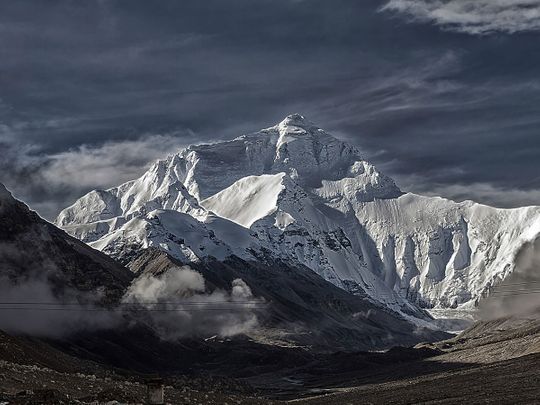
The majestic and mighty graces today’s Crossword – we’re going to the mountains!
Click start to play and test your knowledge of these massive landscapes.
Before we get into it, let’s resolve any confusion. Mount Everest is the world’s highest mountain at 29,035 feet above sea level, and Mauna Kea in Hawaii is the world’s tallest mountain at 33,000 feet above the bottom of the Pacific Ocean. There’s been much debate about which should be called the highest, but the fact is – it just depends on your frame of reference.
However, both these mountains are small fry compared to the highest known mountain in the entire solar system – Olympus Mons on Mars. At 81,840 feet tall, it’s more than twice the height of Mount Everest, and the mountain is also considered to be the largest volcano on Mars.
Leaving aside the height competition, mountains have always commanded a sense of awe and appreciation. They constitute about one-fifth of the Earth’s landscape, and provide homes to at least one-tenth of the world’s people.
According to National Geographic’s website, mountains are not just passive geological features – they define the natural borders of countries, their heights can influence weather patterns and they even provide protection for fleeing and invading armies.
And what kind of world would we have if mountains didn’t exist? According to a 2014 research paper published in the British scientific journal Nature, the Earth would be as lifeless and cold as Mars. It’s because mountains, especially the younger ranges such as the Himalayas and Rockies, raise crucial minerals from deep in the Earth’s mantle to the surface, which help in stabilising the atmosphere.
Pyrite – also known as fool’s gold – is a metallic mineral found deep in the earth, which gets thrust to the surface when mountains rise. When pyrite is exposed to oxygen, it releases sulphur dioxide, which breaks the bonds of carbon and allows it to escape into the atmosphere as carbon dioxide.
Although too much carbon dioxide contributes to global warming, too little would make the Earth a much colder place and would prevent life from flourishing. So, the world's mountains are keeping the balance by merely existing.
Head on to today’s Crossword and name all the mountains you can, as a thank you to these silent stabilizers of the Earth’s atmosphere. Let us know if you enjoyed today’s puzzle at games@gulfnews.com.








